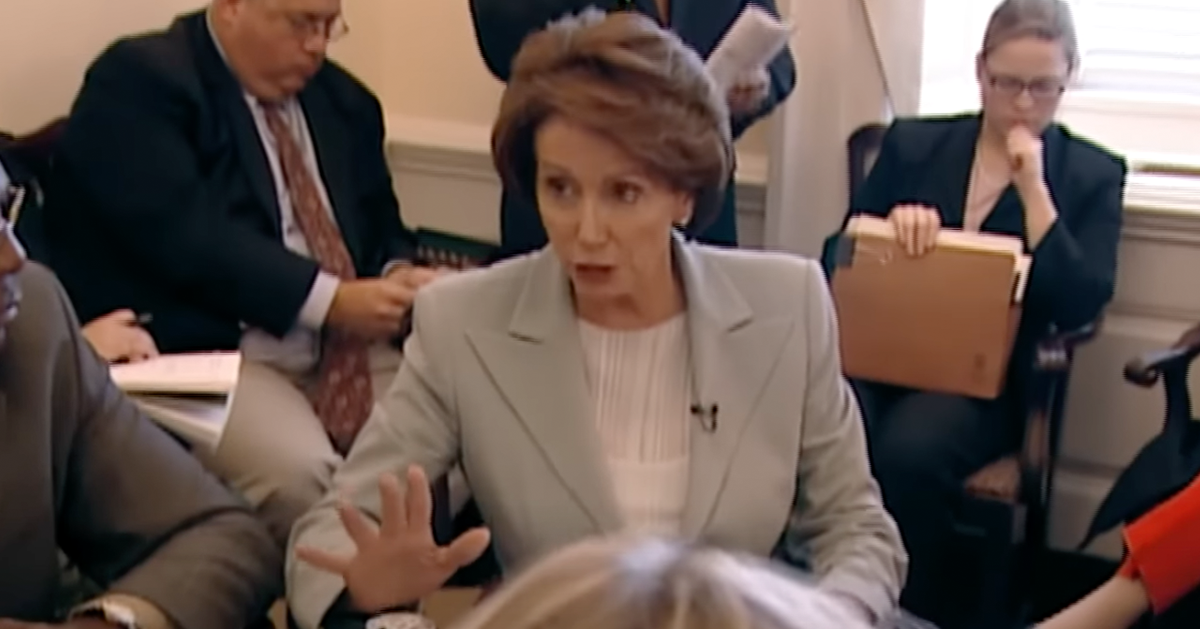Biden-Harris Aid to Ukraine Draws Criticism Amid Hurricane Disaster
The Biden-Harris administration is facing mounting scrutiny for its response to domestic crises as it continues to provide substantial support to Ukraine.
The federal government's focus on aiding Ukraine has led to backlash, particularly in light of recent power outages and infrastructure devastation in the U.S. following Hurricane Helene, as the Post Millennial reports.
USAID Administrator Samantha Power recently posted a video from an energy substation in Ukraine, detailing U.S. assistance efforts.
This substation, located in the western part of the country, plays a critical role in supplying power to approximately 500,000 residents.
Power stated that the United States is enhancing its support to replace auto transformers that were destroyed by Russian forces in 2022, crucial for maintaining Ukraine's energy systems as winter approaches.
U.S. Ramps Up Aid to Ukraine
According to Power, USAID is doubling its investments to help Ukraine preserve its energy infrastructure amidst ongoing threats. These efforts receive support from the American public, Power noted, emphasizing the importance of keeping power and heating operational over the winter months.
Meanwhile, back in the United States, over 700,000 households and businesses remain without electricity due to Hurricane Helene. The states most affected include South Carolina, North Carolina, Georgia, and Virginia. Significant infrastructure damage was reported in Asheville, North Carolina, exacerbating the challenges faced by local communities.
The severe weather event left a trail of destruction that prompted criticism of the federal relief efforts. Some have argued that the response has been lethargic compared to the swift provision of financial aid to Ukraine.
Criticism of Federal Relief Efforts Begins
FEMA's response to the hurricane's aftermath has been a focal point of the criticism. Whistleblowers reportedly told Rep. Matt Gaetz (R-FL) about delays in FEMA's disaster response. Additionally, Homeland Security Secretary Alejandro Mayorkas expressed concerns about the longevity of FEMA's budget for the hurricane season.
Public sentiment regarding the situation has been vocal. Many on social media have expressed their frustration with the imbalance in attention given to foreign versus domestic issues. Comments on Power's video highlighted the dire conditions in America, contrasting the federal attention given to Ukraine with the hardships faced by Hurricane Helene victims.
Power's message about U.S. efforts to assist Ukraine's energy sector drew ire from those still grappling with power outages at home. The video appeared out of touch for those Americans left without basic utilities in the crisis's wake.
Public Outcry Over Unbalanced Response
Prominent voices joined the chorus of dissatisfaction. Richard Grenell, a public commentator, noted the extensive damage and loss of life in the United States due to Helene while criticizing the administration's priorities.
Grenell described the state of devastation, particularly focusing on the city of Asheville, where he reported total infrastructure devastation. His remarks underscored what many felt was an out-of-step approach by federal officials, who were perceived as detached from the immediate needs of U.S. citizens.
Gaetz emphasized the monetary investments made in Ukraine, questioning the rationale behind the delayed hurricane relief efforts. In his comments, Gaetz pointed out the perceived disparity in focus, urging quicker federal action stateside.
Conclusion: Domestic Needs vs. Foreign Aid
The ongoing debate highlights a complex challenge for the Biden-Harris administration. Balancing international commitments with domestic responsibilities remains a contentious issue.
While the support to foreign allies like Ukraine is framed as a necessary stance against aggression, the undercurrent of unmet domestic needs fuels dissatisfaction.
Americans affected by the hurricane continue to call for timely and significant responses from their government to restore normalcy.
Meanwhile, critiques emphasize the need for a reevaluation of resource allocation priorities in addressing emergencies both at home and abroad.





